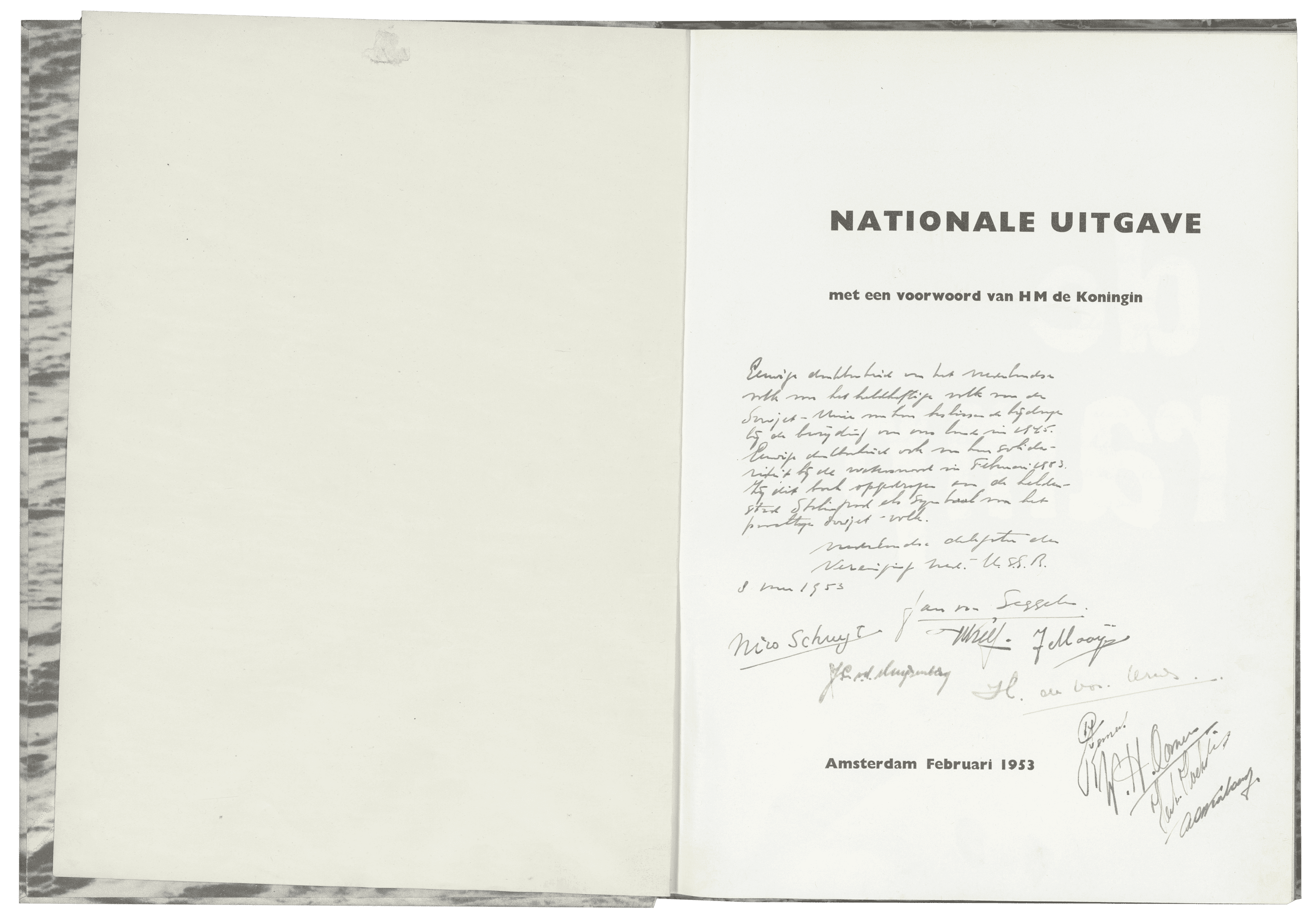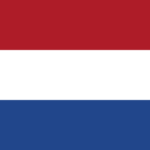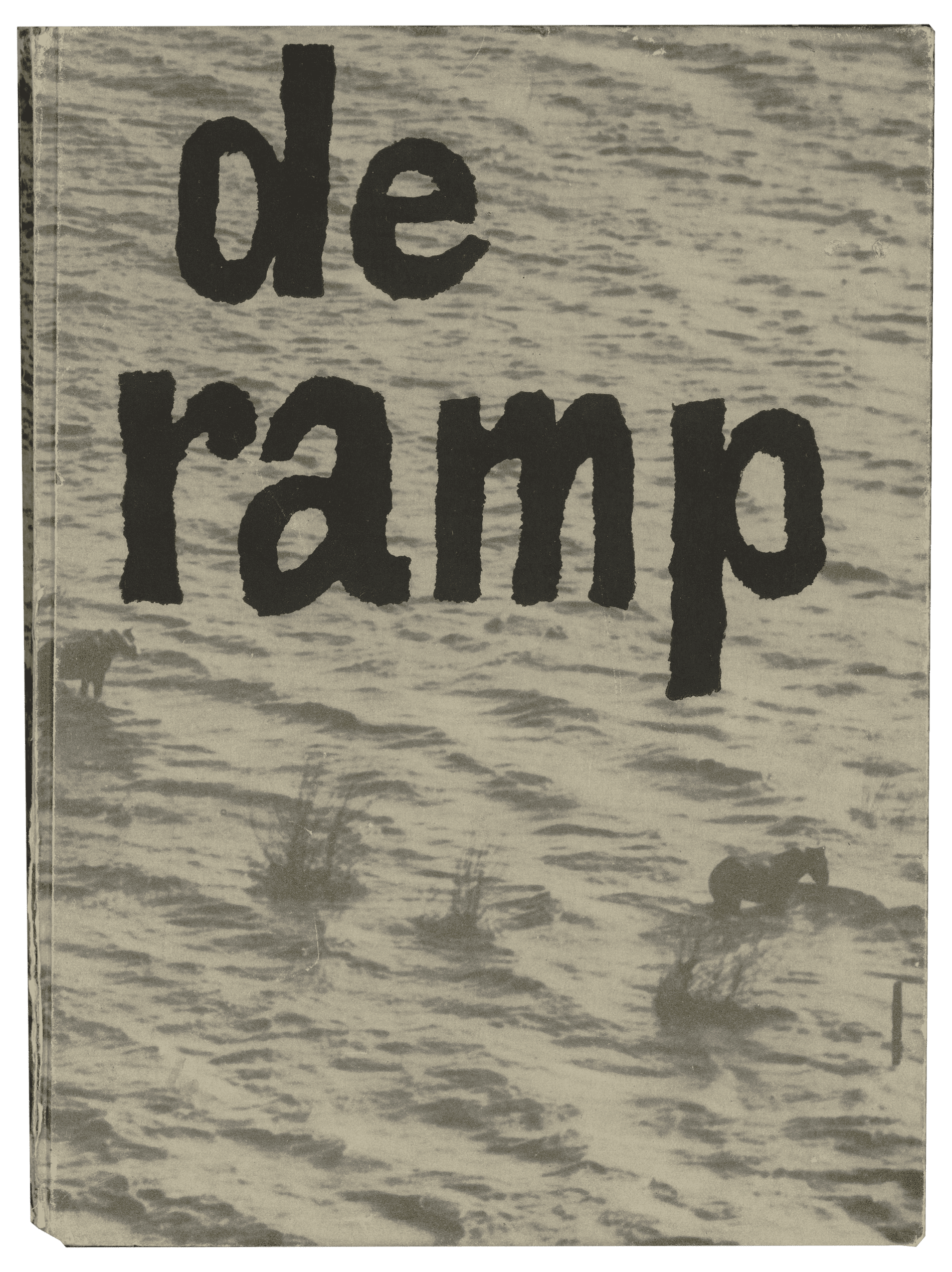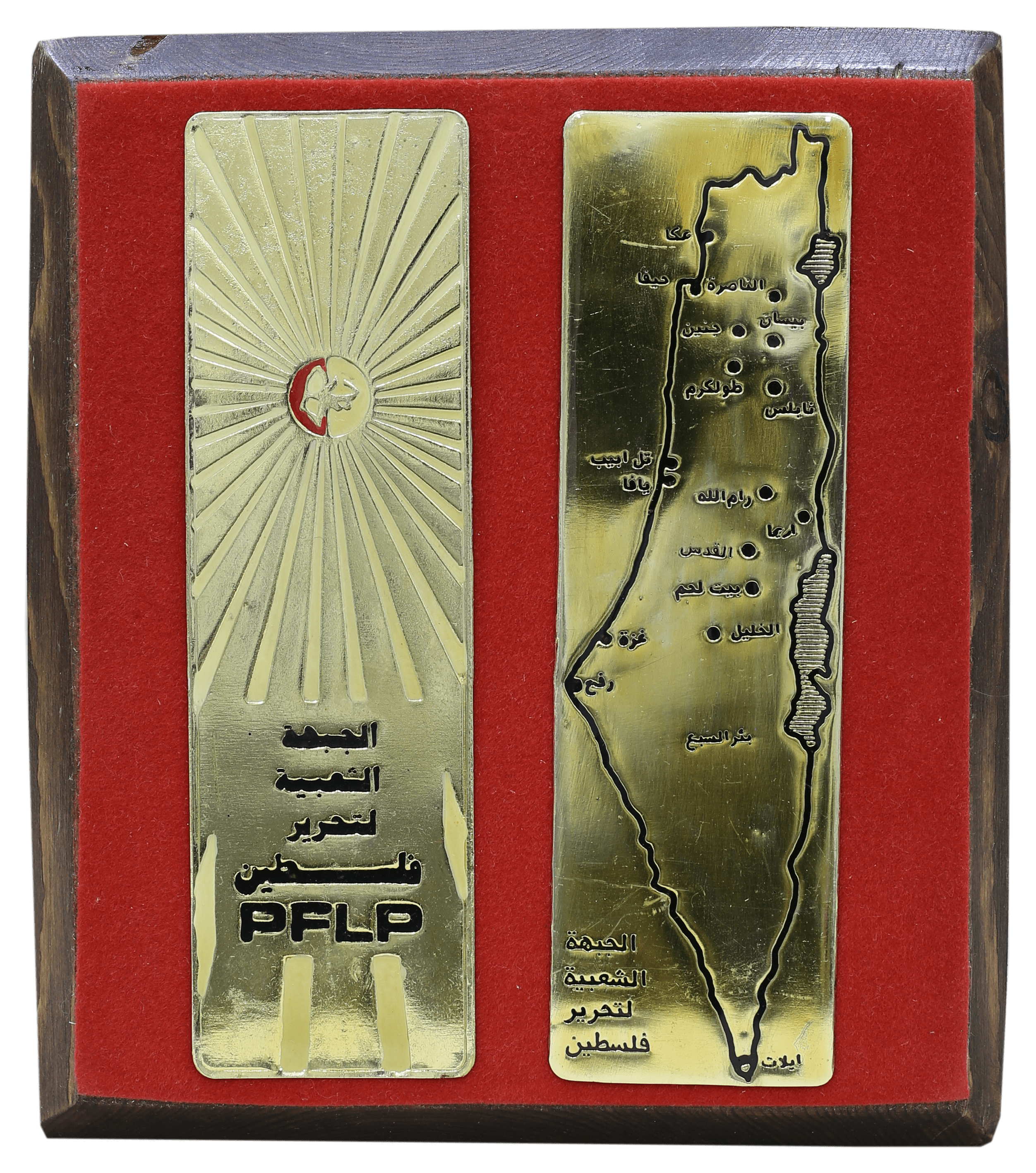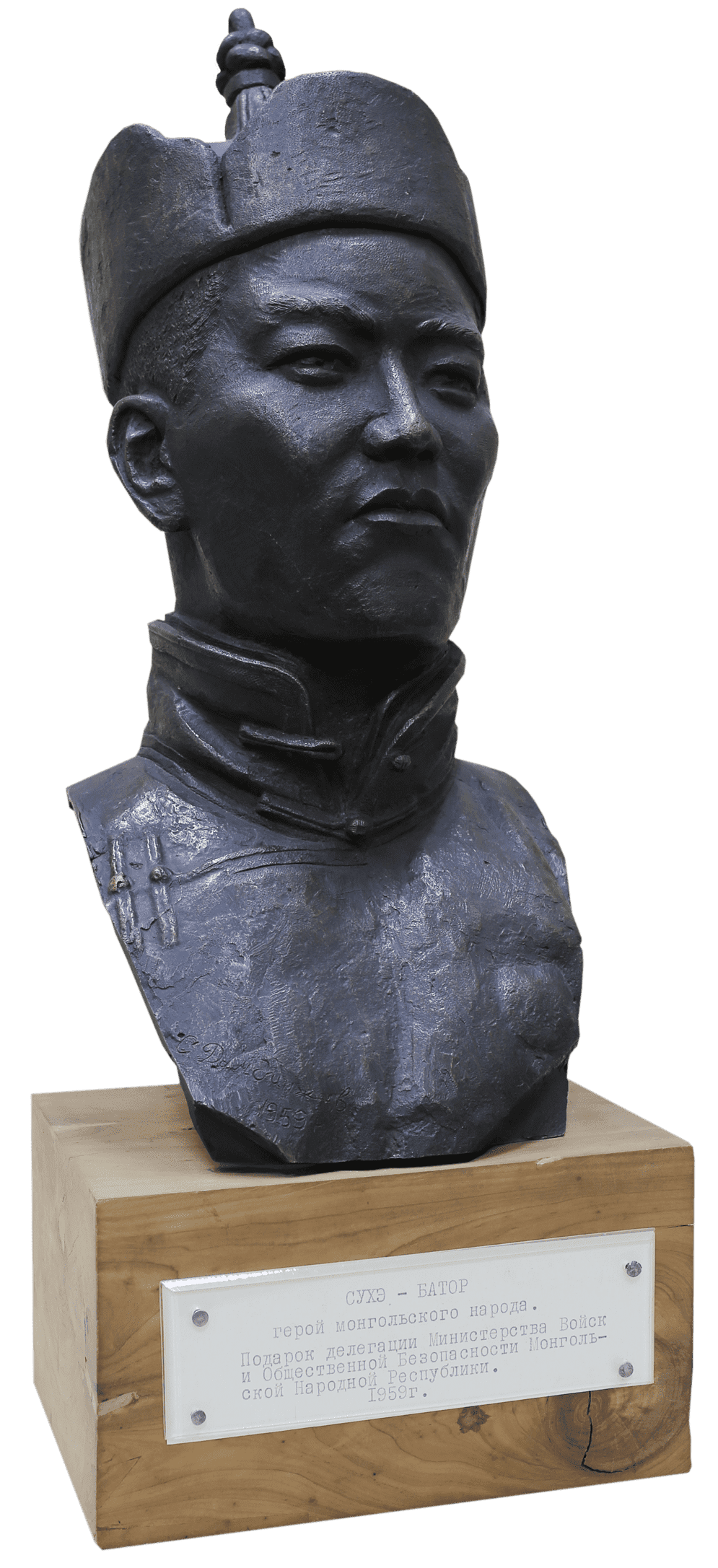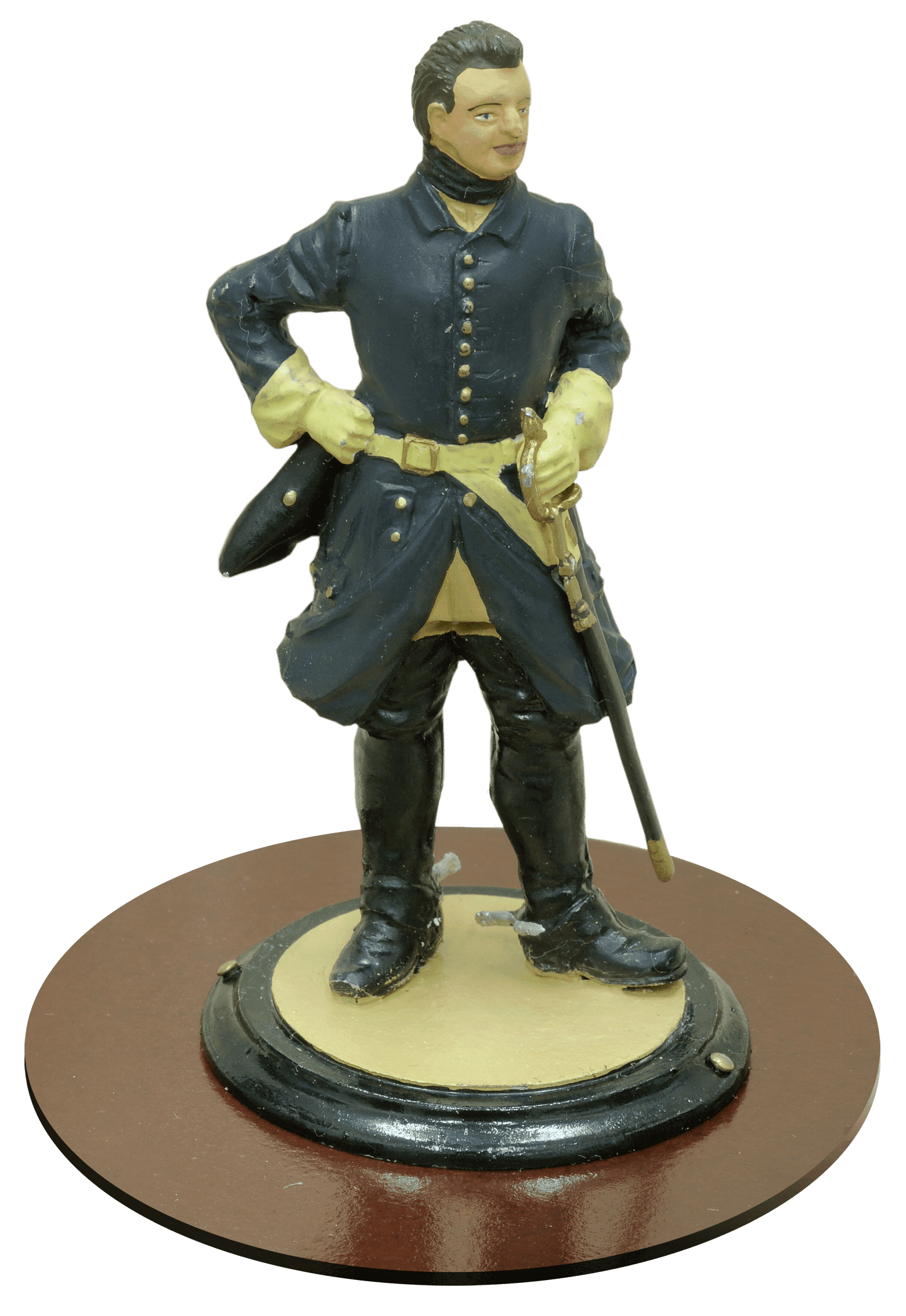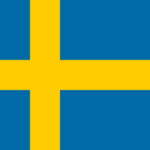96 pages with black and white photo reproductions + a map insert; the book narrating about the dam breach and the floods on February 1, 1953. The foreword by her Royal Highness with a dedication reads [translation]: “With the eternal gratitude to the people of the Soviet Union for the help in liberation of our country in 1945. The eternal gratitude of the Dutch people…”.
